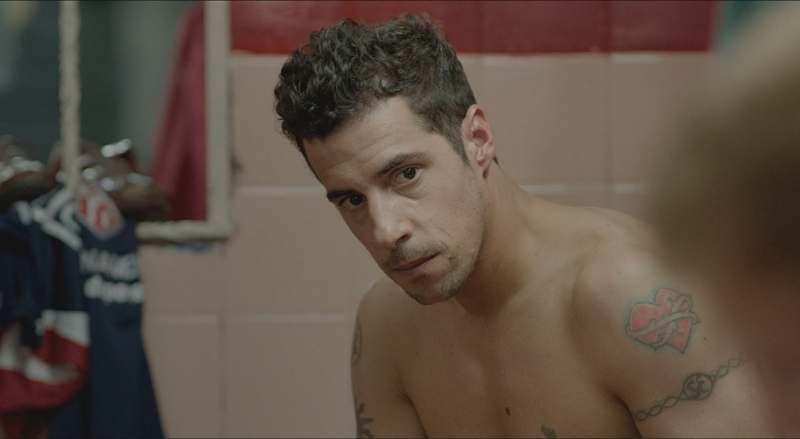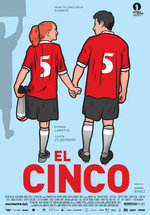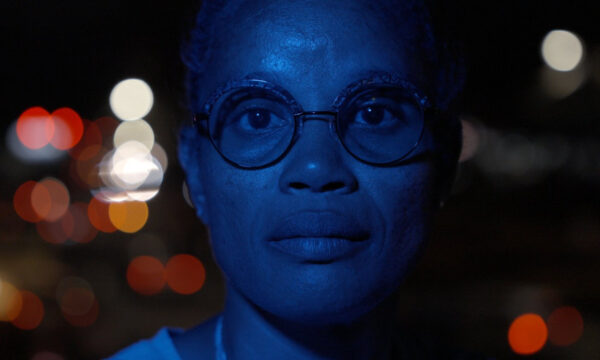El Cinco

Coming-of-age is a genre we associate with adolescent protagonists, sifting through the obstacles of life to come out on the other side all the wiser. It’s too narrow a window, really,  because “growing up” isn’t a one-and-done transition. There are numerous points in your life when you have to reassess and outgrow old habits, and El Cinco shows how difficult these transitions can be, even in adulthood.
because “growing up” isn’t a one-and-done transition. There are numerous points in your life when you have to reassess and outgrow old habits, and El Cinco shows how difficult these transitions can be, even in adulthood.
The sophomore film from writer/director Adrián Biniez follows Patón (Esteban Lamothe), a mid-30s professional soccer player who never quite made it to the “big league”. Despite being well-known in his Argentine circuit, and talented enough to persue soccer into a career, he still struggles with money and the realisation that his time on the field is ending. The shelf life for athletes is relatively short, after all. Fiery and quick-tempered, the film begins with Patón committing a foul in a match, and subsequently facing an eight-game suspension. Quickly we see that this is “fall back” behaviour. He’s the type to pick a fight, and the type that takes it too far.
The film follows Patón during his suspension as he decides “what next?” We see that soccer has been his only game plan since he was a boy, while other aspects of his life (like school) were sacrificed. Patón struggles to find another niche, returning to school and attempting to pick up the guitar, but is plagued thoughts of being too old. He sees another boy in the guitar shop, no more than 15, go through chords with such ease that he has to leave, feeling like a failure for starting too late. It’s a subject that’s both relatable and refreshing to see on screen in a realistic way. This isn’t a glossy how-I-got-my-groove-back film; it’s a subdued portrait of someone getting over their ego and brushing past arbitrary parameters that say when you should have your life figured out.
While this theme is the heart of El Cinco, at times it does feel like the story meanders. Perhaps this is the point; it isn’t until the end that Patón finally picks up the pieces of first dream and finds a second one to sustain him. While he undoubtedly is a complex and interesting character, the strongest parts of the film are during his interactions with his young wife, Ale (Julieta Zylberberg). Despite Patón’s hot-heated reactions, Ale is the stronger one in the sense that she remains stable. Zylberberg’s character is magnetic on screen, and often overshadows Lamothe.
In all, El Cinco is a story that challenges what it means to be “past your prime”, and even more so, the difference between growing up and growing older.
Kelly Kirwan
El Cinco does not yet have a confirmed date of release.
Read more reviews from Tribeca 2015 here, for further information about the festival visit here.


























Facebook
Twitter
Instagram
YouTube
RSS